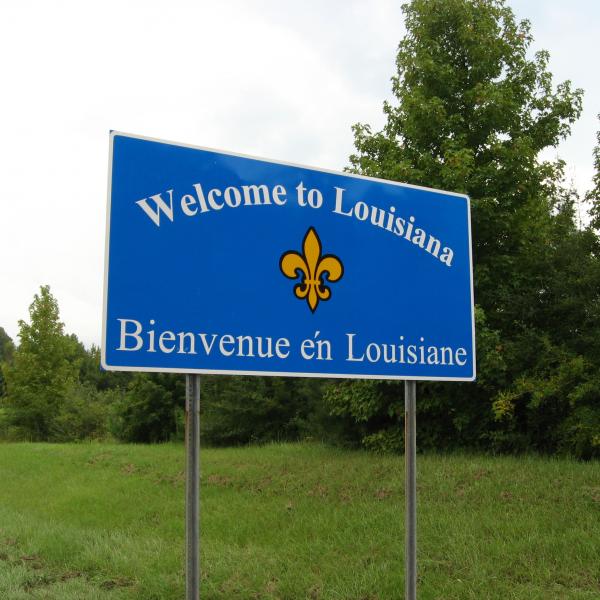This was my first viewing of the film, “Nothing But A Man”. I was surprised that a film released in 1964 and set in small town Alabama and Birmingham made no mention of nor depicted any civil rights movement events (other than Martha and the Vandellas singing “Heat Wave” in the background during the bar scene). This was particularly peculiar because there were scenes underlining the presence of Jim Crow and racism. I found that the film was written and produced by a white American and I wonder how well it was received by the black American public in 1964. These issues provoked me to more closely examine the film for images of how black America was portrayed.
There were several representations and stereotypes of African American history, culture and life depicted throughout the film. The scene at the church picnic symbolized how the black church, historically, has served as the spiritual and social center for the black community, particularly in the South. As the choir sang “Precious Lord” and the pastor sang the sermon, I was reminded of services at the small country Baptist church in Ellenville, Georgia which my great grandmother helped to start. The difference in generational attitudes concerning civil right involvement, portrayed between the pastor and his daughter, Josie, was indication of what actually existed between many black parents and children during the civil rights movement. The scenes exposing the relationship between the pastor and the white power structure and the pastor’s conversation with Duff (Ivan Dixon) about how to handle Jim Crow illustrated the compromises many blacks made in order to protect their families, keep their jobs and maintain their community status. Duff’s father had migrated to the north (Detroit), just as my family and many other black families had migrated to New York and other urban areas to escape the economic and social deprivation of the south. The absentee father and son relationship between Duff and his father was to be perpetuated through Duff’s absentee relationship with his own son.
 The educational and class differences between Duff and Josie caused me to reflect on the social and economic issues which have plagued relationships between black men and black women since they were on the plantation. There were several stereotypes of black women. When Duff’s railroad worker friend told Duff that “all they (black women) want is your money”, I was reminded of the many times I have heard black women referred to as gold diggers. Josie (Abbey Lincoln) and Lee (Gloria Foster) are both portrayed as black women who stand by their men and unconditionally give everything and accept anything her man has to give in return. When Duff lost his job, Josie (a school teacher) said she would go out to clean the white family’s house. Duff’s firing due to one of his co workers telling the “boss man” he was using union talk, reminds me of the message of Amiri Baraka when he expressed that the black man does not stand together. Duff was portrayed as a abuser, his father as an alcoholic and both as absentee fathers. What is the message the writer is sending about black American families and life?
The educational and class differences between Duff and Josie caused me to reflect on the social and economic issues which have plagued relationships between black men and black women since they were on the plantation. There were several stereotypes of black women. When Duff’s railroad worker friend told Duff that “all they (black women) want is your money”, I was reminded of the many times I have heard black women referred to as gold diggers. Josie (Abbey Lincoln) and Lee (Gloria Foster) are both portrayed as black women who stand by their men and unconditionally give everything and accept anything her man has to give in return. When Duff lost his job, Josie (a school teacher) said she would go out to clean the white family’s house. Duff’s firing due to one of his co workers telling the “boss man” he was using union talk, reminds me of the message of Amiri Baraka when he expressed that the black man does not stand together. Duff was portrayed as a abuser, his father as an alcoholic and both as absentee fathers. What is the message the writer is sending about black American families and life?
After considering the frustration, the sense of hopelessness and failure Duff experienced and, and then evaluating how he stood up and refused to give in, I realized that this must have been the missing rights moment. When I reflect on the images, I wonder what black America viewed as real and what they viewed as interpretation through the eyes of white America.
-- Rose Mary Brown



